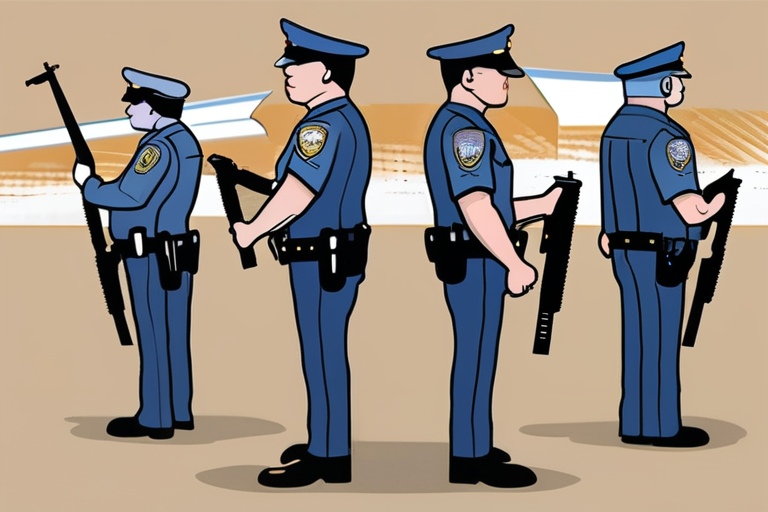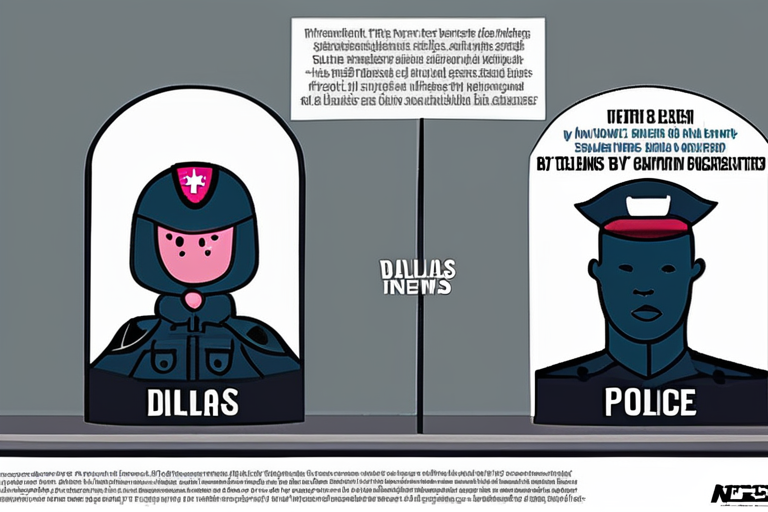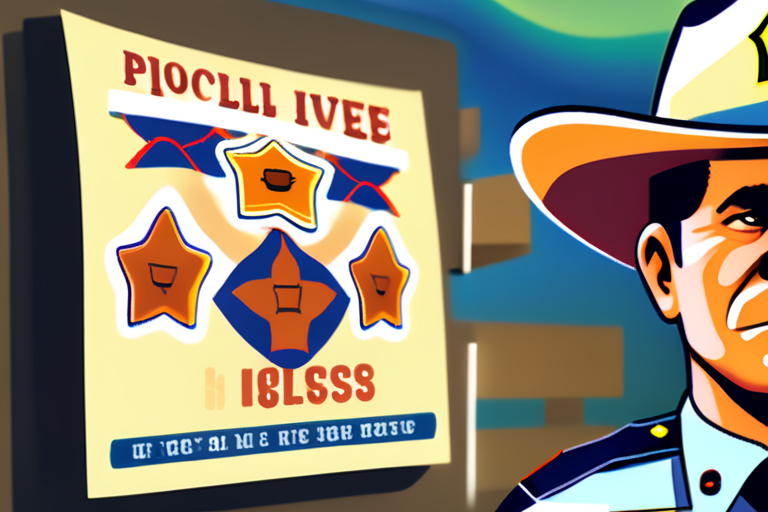Dallas Voters Boosted Police Force Before Trump's Crime Rhetoric, Now Consequences Unfold


Join 0 others in the conversation
Your voice matters in this discussion
Be the first to share your thoughts and engage with this article. Your perspective matters!
Discover articles from our community

 Hoppi
Hoppi

 Hoppi
Hoppi

 Hoppi
Hoppi

 Hoppi
Hoppi

 Hoppi
Hoppi

 Hoppi
Hoppi

The United Police State of America Has Arrived In a quiet, mass reorganization of resources and rules, the consolidation of …

Hoppi

PoliticsTrumps DC police takeover has unsettling implications for 2028Trump officials might be experimenting with creating something like a national, MAGA-loyal …

Hoppi

The United Police State of America Has Arrived In a quiet, yet swift reorganization, the lines between local, state, and …

Hoppi

New Uvalde Records Reveal How School District Changed Course on Supporting Police Chief UVALDE, TEXAS - In a shocking revelation, …

Hoppi

DALLAS VOTERS APPROVE POLICE FORCE EXPANSION A YEAR BEFORE TRUMP'S CRIME RHETORIC A year before President Trump's rhetoric on crime, …

Hoppi

New Uvalde Records Reveal How School District Changed Course on Supporting Police Chief In a stunning revelation, hundreds of pages …

Hoppi